(Dan Tri) - From 2025, the country's largest university entrance exam will change its exam structure with the goal of recruiting students suitable for university.
After 7 years of stable organization, from 2025, Ho Chi Minh City National University officially changed the structure of the competency assessment exam.
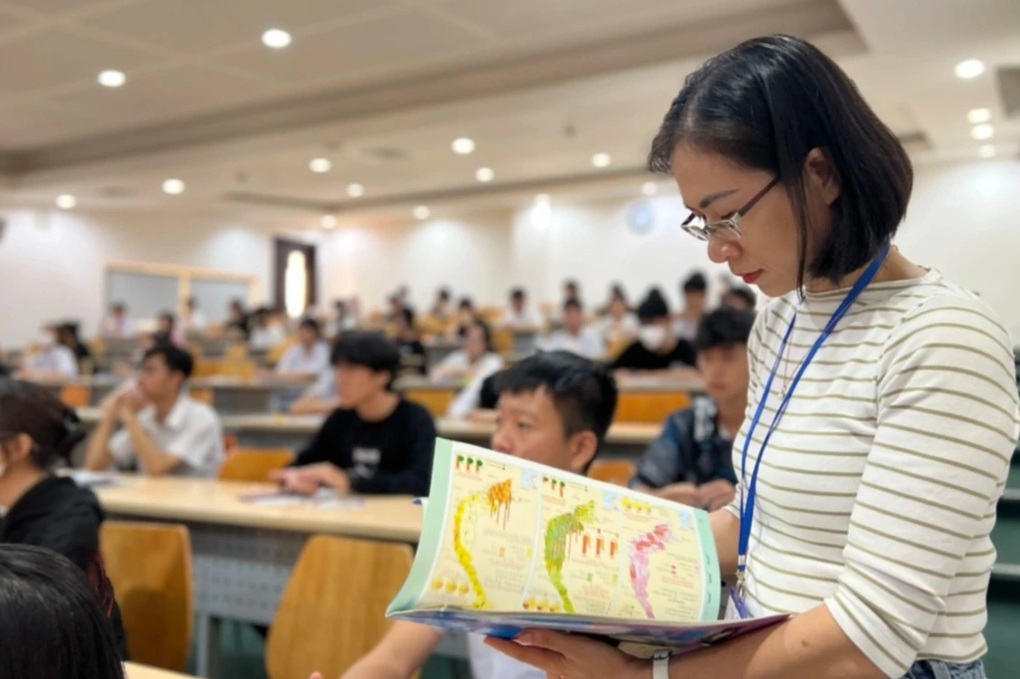
Ho Chi Minh City National University's competency assessment exam in previous years (Photo: Hoai Nam).
Excluding the high school graduation exam, the Ho Chi Minh City National University's competency assessment exam is the largest direct university admission exam in the country.
In 2024, the exam attracted nearly 107,000 candidates (an increase of more than 21 times compared to the first time it was held in 2018) and more than 100 universities and colleges used the exam results for admission.
According to the leader of Ho Chi Minh City National University, the exam structure is adjusted to suit the context of applying the 2018 General Education Program.
Dr. Nguyen Quoc Chinh, Director of the Center for Testing and Assessment of Training Quality of Ho Chi Minh City National University, informed that according to the 2018 general education program, students choose 4 subjects out of 9 subjects including geography, economic and legal education, physics, chemistry, biology, technology, music, information technology, and fine arts. There will be up to 126 subject combinations, and students' choices are very diverse.
According to data from Ho Chi Minh City obtained by this university, in grade 10 there are 87,000 students, of which 64,976 students choose to study physics, 58,481 students choose to study chemistry, 43,816 students choose to study biology, 41,075 students choose to study geography, and 39,900 students choose to study economic and legal education.
Grade 12 has 90,000 students, of which 59,319 students choose to study physics, 52,006 students choose to study chemistry, 38,779 students choose to study biology, 40,729 students choose to study geography, and 39,152 students choose to study economic and legal education.
From 2025, the Ho Chi Minh City National University's competency assessment test will maintain the structure of the language and mathematics sections, while adding more questions to these two sections to increase the reliability and discrimination of the test.
The logic - data analysis and problem solving section is restructured into a scientific thinking section to assess candidates' ability in logic and scientific reasoning when solving real-life situations in the fields of science, technology, economics and society.
The questions in the scientific thinking section are designed to provide information, data, facts, experimental planning, and experimental results, thereby requiring candidates to demonstrate their ability to understand and apply information, determine experimental results, and predict laws.
The 2025 competency assessment test still includes 120 objective multiple-choice questions with 150 minutes to complete and is conducted on paper. The test results are determined by modern multiple-choice methods according to the question response theory. The score of each question has different weights depending on the difficulty of the question.
The test score is converted by section. The maximum score of the test is 1,200 points, in which the maximum score of each component of the test is shown on the score sheet including Vietnamese is 300 points, English is 300 points; mathematics is 300 points and scientific thinking is 300 points.
According to Dr. Nguyen Quoc Chinh, the structure of the competency assessment test will be changed to suit the trend of candidates choosing diverse subjects in the 2018 general education program.
Thereby accurately assessing candidates' abilities as well as ensuring fair access to university education for all candidates.
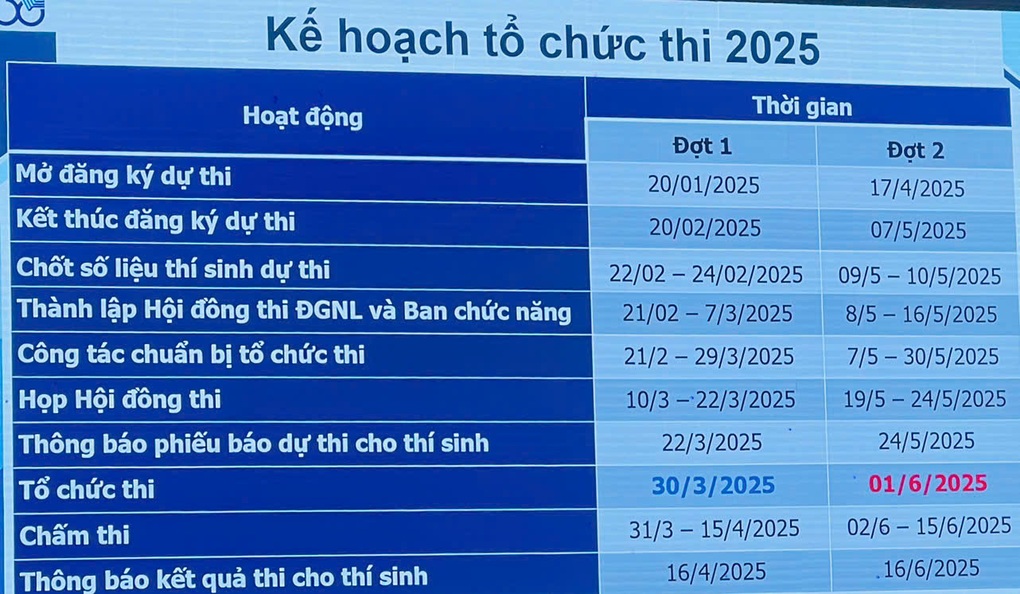
The 2025 capacity assessment exam of Ho Chi Minh City National University will take place in two rounds on March 30 and June 1, 2025 (Photo: Hoai Nam).
"The test provides sufficient information and data to ensure that candidates can complete the test. Candidates will use the data provided in the test to make inferences and find patterns.
This does not require candidates to study in depth subjects such as physics, chemistry, biology, history, geography... but must rely on reading comprehension, reasoning, and scientific thinking to do the test," informed Dr. Nguyen Quoc Chinh.
This approach, according to Mr. Chinh, is similar to international standardized tests such as the Scholastic Assessment Test (SAT) of the United States, the Psychometric Entrance Test (PET) of Israel and the General Aptitude Test (GAT) of Thailand.
Source: https://dantri.com.vn/giao-duc/ky-thi-dai-hoc-lon-nhat-nuoc-doi-cau-truc-de-thi-co-gay-kho-cho-hoc-sinh-20241229075706615.htm


![[Photo] Bus station begins to get crowded welcoming people returning to the capital after 5 days of holiday](https://vstatic.vietnam.vn/vietnam/resource/IMAGE/2025/5/4/c3b37b336a0a450a983a0b09188c2fe6)
![[Photo] Vietnam shines at Paris International Fair 2025 with cultural and culinary colors](https://vstatic.vietnam.vn/vietnam/resource/IMAGE/2025/5/4/74b16c2a197a42eb97597414009d4eb8)


![[Photo] General Secretary To Lam receives Sri Lankan President Anura Kumara Dissanayaka](https://vstatic.vietnam.vn/vietnam/resource/IMAGE/2025/5/4/75feee4ea0c14825819a8b7ad25518d8)


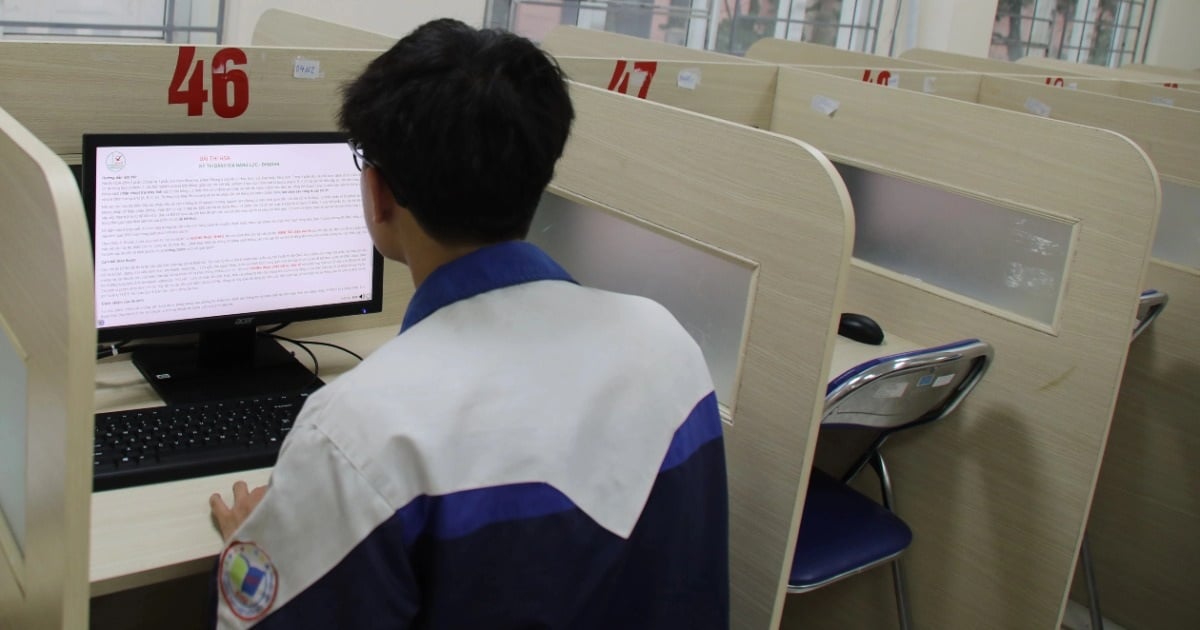
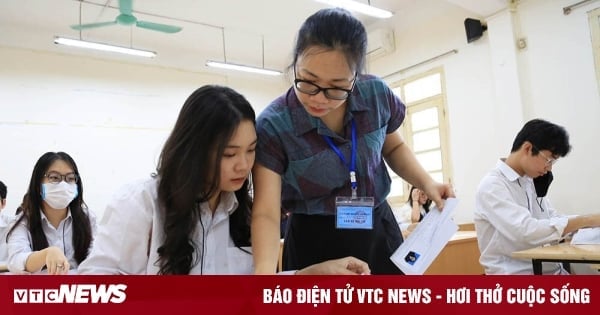










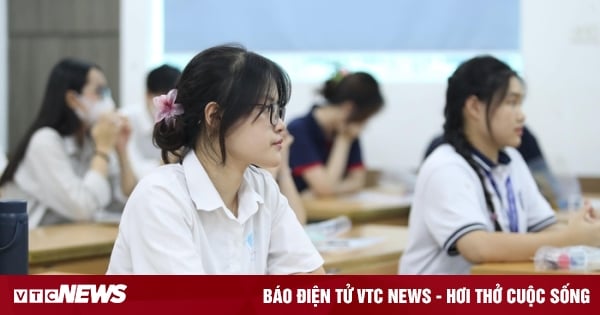
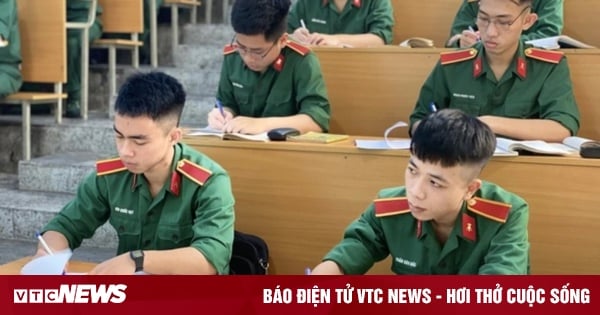
















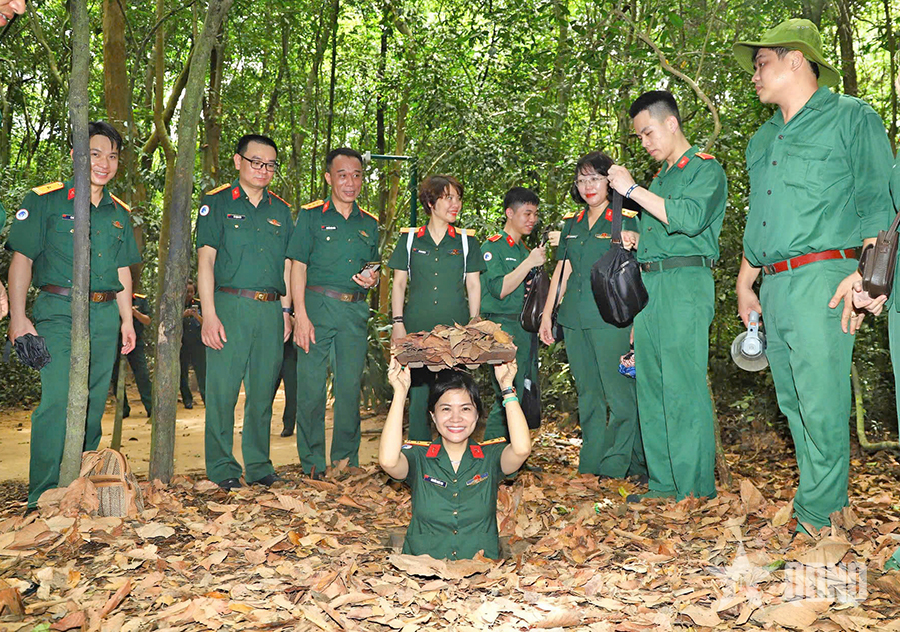





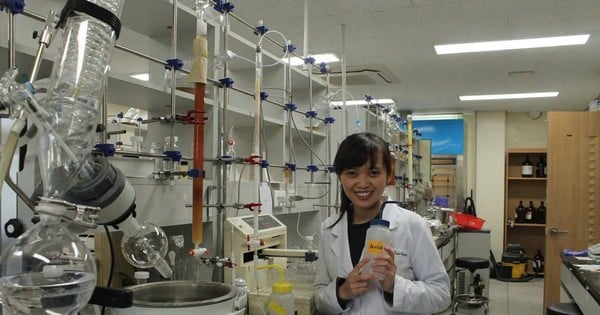

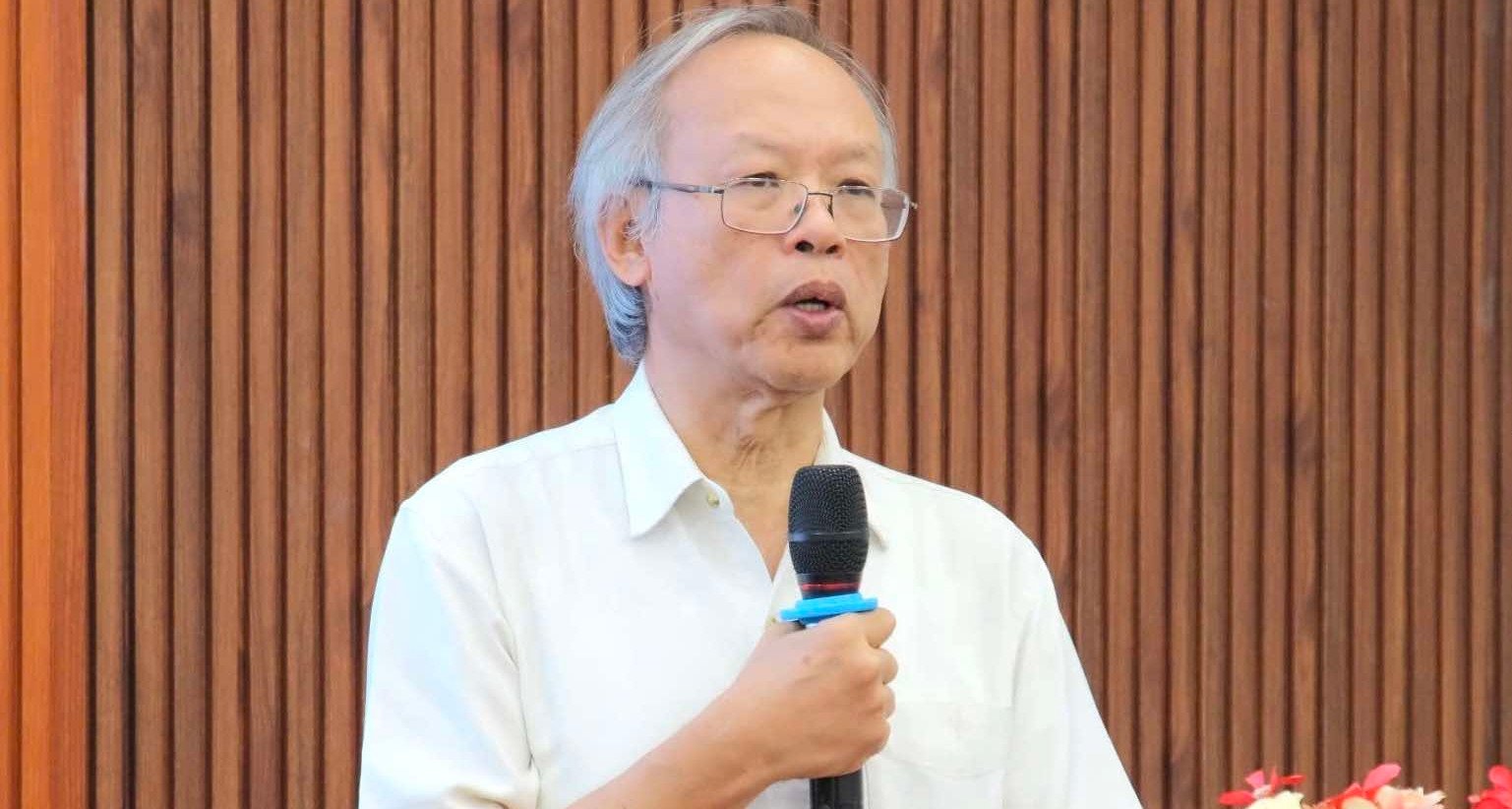




















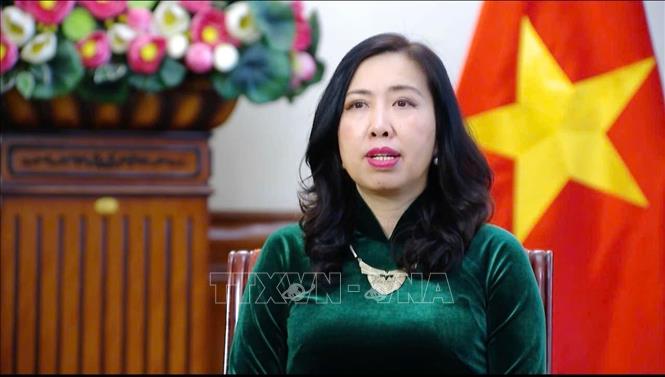




















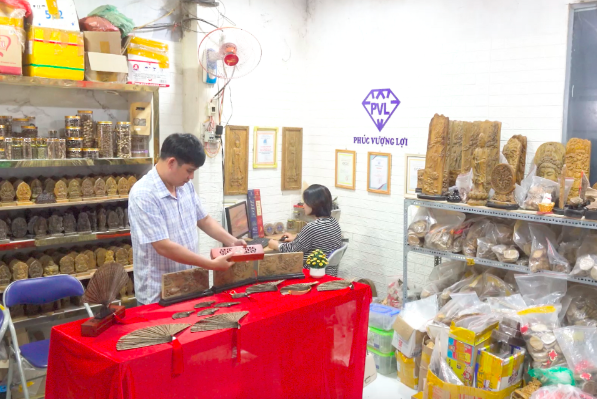



![[Video]. Building OCOP products based on local strengths](https://vstatic.vietnam.vn/vietnam/resource/IMAGE/2025/5/3/61677e8b3a364110b271e7b15ed91b3f)



Comment (0)